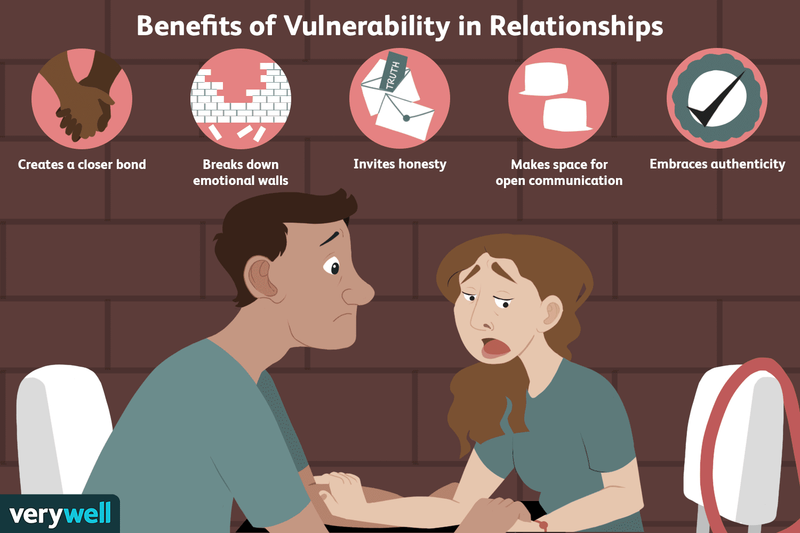15 Ways To Learn To Trust Again After A Narcissistic Relationship
Navigating the path to trust after experiencing a narcissistic relationship can be challenging but rewarding. These 15 ways will inspire and empower you to rebuild faith in yourself and others. With patience and a gentle approach, you can rediscover trust and embrace healthier connections.
1. Take your healing one decision at a time

Healing is a journey, much like walking through a forest where each step brings you closer to the clearing. Taking one decision at a time allows you to breathe and focus on the present, rather than being overwhelmed by the past.
Each decision, no matter how small, builds a foundation of self-trust. It’s important to remind yourself that progress is not linear, and that’s perfectly okay.
Celebrate the little victories, as each one signifies growth. Remember, healing is not a race but a personal journey, where gentle steps lead to profound change.
2. Stop blaming yourself for what you didn’t know

Self-compassion is key when learning to trust again. Often, people blame themselves for not seeing the signs of a narcissistic relationship. It’s crucial to understand that knowledge comes from experience.
Release the burden of guilt and embrace the lessons learned. Reflect upon your journey with kindness, acknowledging that you did the best you could with what you knew.
This self-awareness fosters strength and resilience, paving the way for new beginnings. Letting go of blame frees you to focus on growth and healing.
3. Learn the difference between instincts and anxiety

Differentiating instincts from anxiety can be transformative. Instincts are your inner guide, while anxiety often stems from past fears. Understanding this difference allows you to make decisions grounded in reality.
Practicing mindfulness and meditation can help quiet the noise of anxiety, letting your true instincts surface.
Trust your gut feelings, as they are rooted in your authentic self. This clarity enhances confidence and trust in your own judgment.
4. Talk to someone who gets it—really gets it

Connecting with someone who truly understands your experience can be incredibly therapeutic. Authentic conversations with empathetic individuals provide a sense of validation and comfort.
These connections remind you that you’re not alone in your journey, and that others have walked similar paths.
Finding a community or a support group where you can freely express yourself fosters healing and growth.
5. Rebuild confidence through small acts of self-trust

Every small act of self-trust contributes to rebuilding your confidence. Whether it’s making a decision without second-guessing or trying something new, these acts accumulate to form a robust sense of self.
Trusting yourself, even in minor things, reinforces that you are capable and worthy. Celebrate these moments of courage, for they are the building blocks of lasting confidence.
Let each small victory remind you of your resilience and capacity for growth, empowering you to trust more freely.
6. Remind yourself what red flags look like now

Understanding red flags from past relationships is crucial in learning to trust again. These signals help protect you from repeating old patterns.
Take note of behaviors that previously caused harm, as recognizing these signs empowers you to make better choices.
With this awareness, you can approach new relationships with caution yet openness, ensuring a healthier dynamic.
7. Practice setting small boundaries

Setting boundaries is an essential part of rebuilding trust. Start with small, manageable limits to protect your emotional space.
Each boundary established is a step towards asserting your needs and values.
Honoring these boundaries fosters respect and understanding within relationships, laying the groundwork for deeper trust.
8. Choose people based on actions, not words

Actions speak louder than words, especially when rebuilding trust. Observe how people behave, not just what they say.
Consistent, positive actions demonstrate true character and reliability.
Choosing companions who align their words with deeds cultivates a trustworthy environment.
9. Reconnect with the version of yourself before the damage

Revisiting the person you were before a narcissistic relationship can be empowering. It’s a journey of self-discovery and healing.
Reflect on your past strengths, passions, and values. Embrace these qualities as you rebuild your life.
This reconnection provides a foundation for moving forward with confidence and self-love.
10. Understand that trust doesn’t mean blind faith

Trusting again doesn’t require blind faith. It involves a balance of openness and discernment.
Be cautious yet optimistic as you extend trust to others, relying on evidence and intuition.
This nuanced approach protects your heart while fostering genuine connections.
11. Accept that some hesitation is normal

Hesitation is a natural part of rebuilding trust. It’s a protective mechanism, reminding you to think before you leap.
Accept this as part of your process, allowing yourself the grace to pause and reflect.
Embrace hesitation as a tool for careful decision-making, guiding you towards healthier relationships.
12. Give trust in layers—not all at once

Trust, much like an onion, is best built in layers. Offering it gradually allows for a deeper, more authentic connection.
Each layer of trust reveals more about the other person, building a stronger foundation.
This approach ensures your emotional safety while fostering genuine intimacy.
13. Let people earn access to your vulnerability

Vulnerability is a precious gift, deserving to be shared with those who earn it. Allow people to prove their trustworthiness before opening up completely.
This cautious sharing ensures your emotional safety and nurtures deeper connections.
Letting others earn your trust through consistent actions builds a solid, respectful bond.
14. Be honest when you feel unsafe—even if it’s awkward

Speaking up about your discomfort is an act of bravery. Honesty about feeling unsafe strengthens trust in yourself and others.
Though it may feel awkward, expressing your needs is vital for fostering a trustworthy atmosphere.
This candor encourages open communication and helps establish boundaries with clarity.
15. Learn what trust feels like in your body—not just your thoughts

Trust isn’t only a mental concept; it’s physical. Notice how trust feels in your body—relaxation, ease, and calmness.
Engage in practices that connect you with your body, like yoga or deep breathing. This holistic approach enhances your ability to recognize and cultivate authentic trust.







